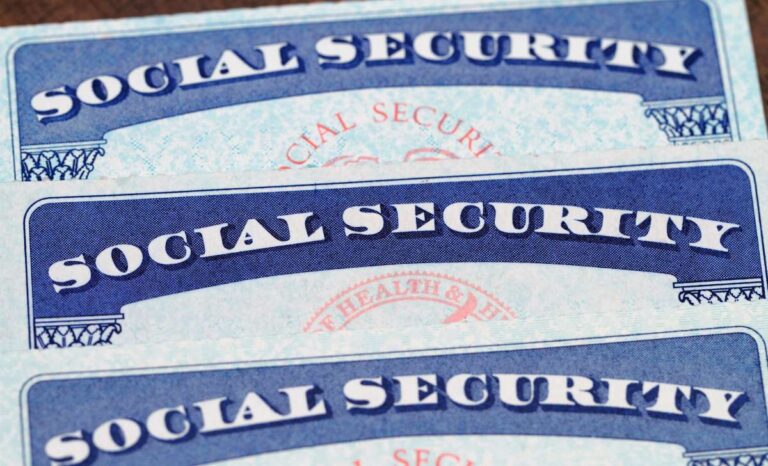Guide to the Latest Thailand Elite Visa Packages in 2021
The Thailand Elite Visa is a long-term Thai visa provided to Thailand Privilege Card members offering benefits and residency in Thailand for a set period of time, often with the option to renew the visa. The program is managed by the Thailand Privilege Card Company Limited, under the Ministry of Tourism and Sport. The Thailand…













